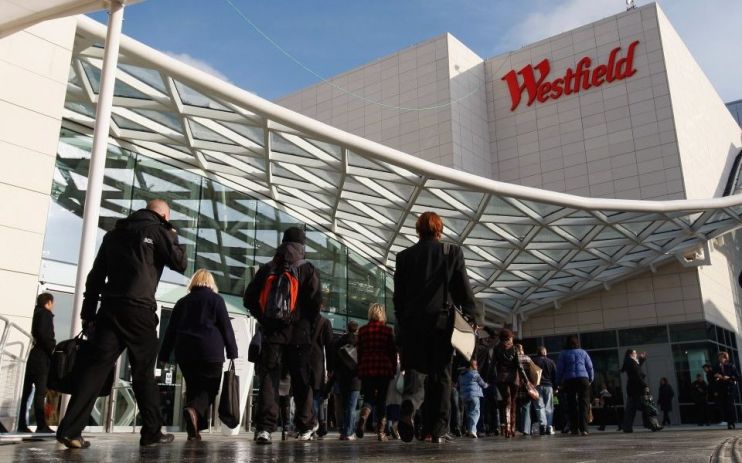Retail demand protected by shoppers using lockdown savings and buy now pay later services

Consumer retail demand will be protected by shoppers dipping into lockdown savings and using buy now pay later services, despite increased pressure on household budgets.
Economists have said consumer demand will not see a significant drop in the coming months despite tightening purse strings across the country.
Evidence showed households were turned to credit to “tide them over,” according to Ruth Gregory, senior UK economist at Capital Economics, pointing to a £1.9bn leap in consumer credit in February.
She added: “In the months ahead, some of the squeeze on households’ real incomes will be dulled by employment and earnings rising further.”
There was “scope for consumer spending to continue to rise as real incomes fall,” Gregory explained. “Clearly, though, the longer the drag on households’ real incomes lasts, the more likely it is that households change their spending behaviour”
It comes as the health of the retail sector is anticipated to decline in the next few months as firms face a barrage of costs.
“Clouds are on the horizon for more muted health” for the sector in coming months, according to KPMG’s head of retail, Paul Martin.
Conflict in Ukraine and lockdown in China is expected to result in accelerating food prices, with higher fertiliser costs and wholesale food prices, Martin added.
Reported sales growth over the first three months of 2022 was stronger than expected, according to KPMG/Ipsos Retail Think Tank (RTT) members.
Robust consumer demand saw the Retail Health Index (RHI) flat at 75 points in the first quarter, equal to the last pre-pandemic quarter.
Footfall to bricks-and-mortar retailers was on the up, Martin added, “despite the headlines,” with shoppers wanting to treat themselves after two years of Covid rules.